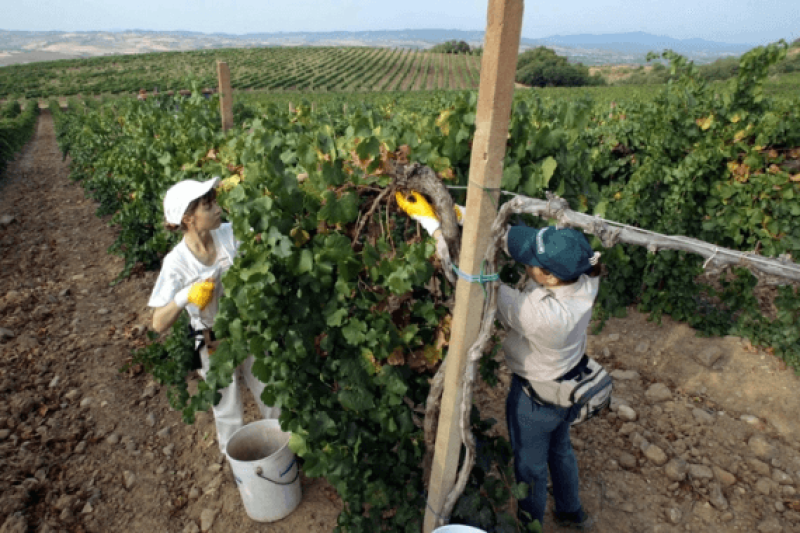Encouraged by the circle-beating attitude of politics, industries and associations, the European Commission is asking Italy to reduce pesticides by 62 percent, a madness that jeopardizes food safety. This is despite the fact that the health and environmental risks induced by these products are already laughable today and their uses have almost halved in thirty years.
No logic, or rather a perverse logic, at the basis of the assignments that unfortunately penalize Italy. The Commission’s anti-pesticide furor has in fact based its guiding criteria for the allocation of reductions above all on the kilos per hectare ratio. The system rewards countries that see their agriculture gravitate heavily on the prevalence of pastures and cereals. It punishes those who are instead characterized by specialized productions, orchards, vineyards and vegetables.
On a hectare of vines, for example, the use of agropharmaceuticals is yes 25 times higher than that foreseen for wheat and therefore, according to the numbers, there could be a reduction. Exactly how they can suggest the 24 kilos per hectare of calcium polysulphide used in a single application on pre-flowering apple trees.
[Editor’s note: This article has been translated from Italian and edited for clarity]































